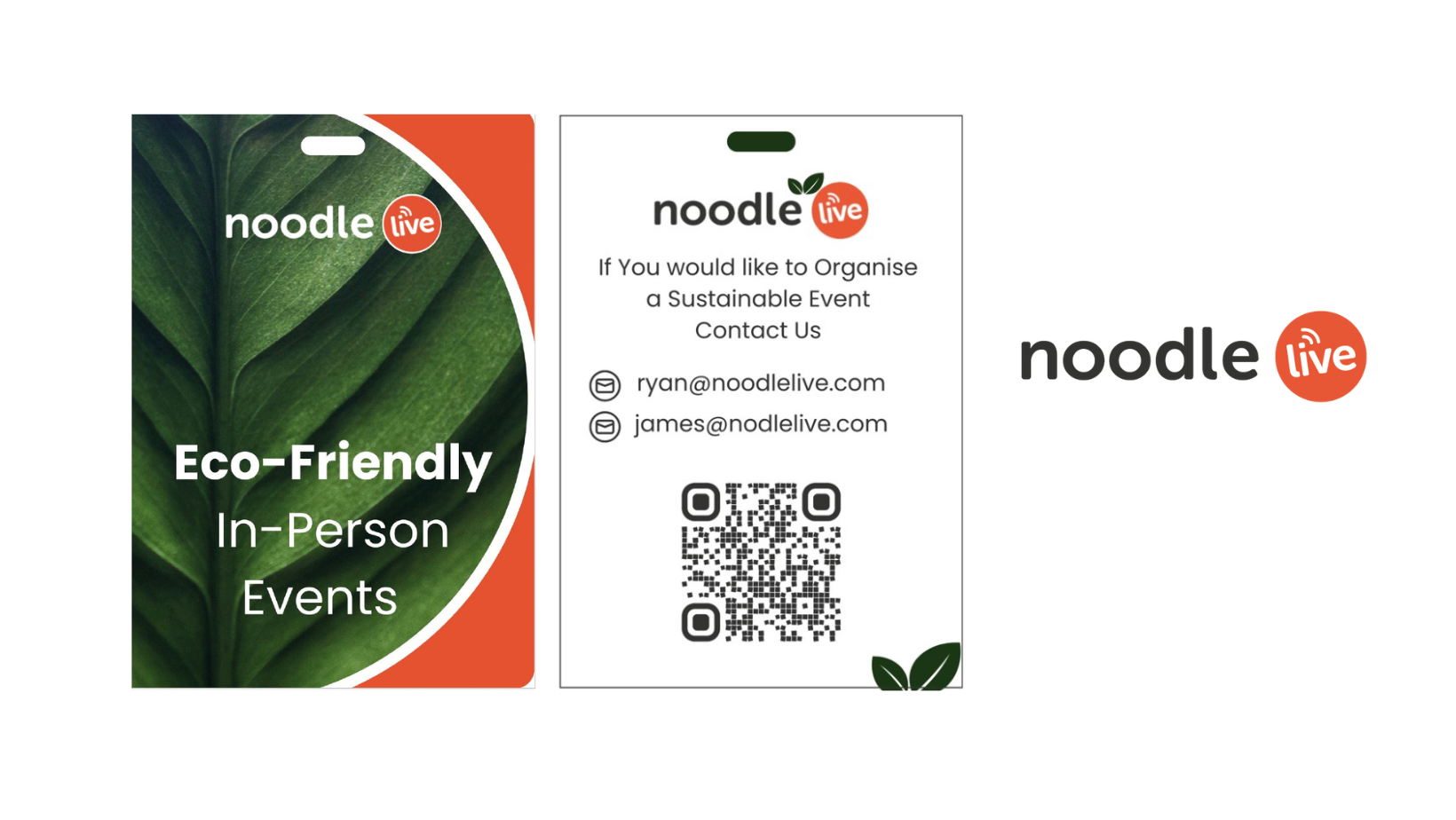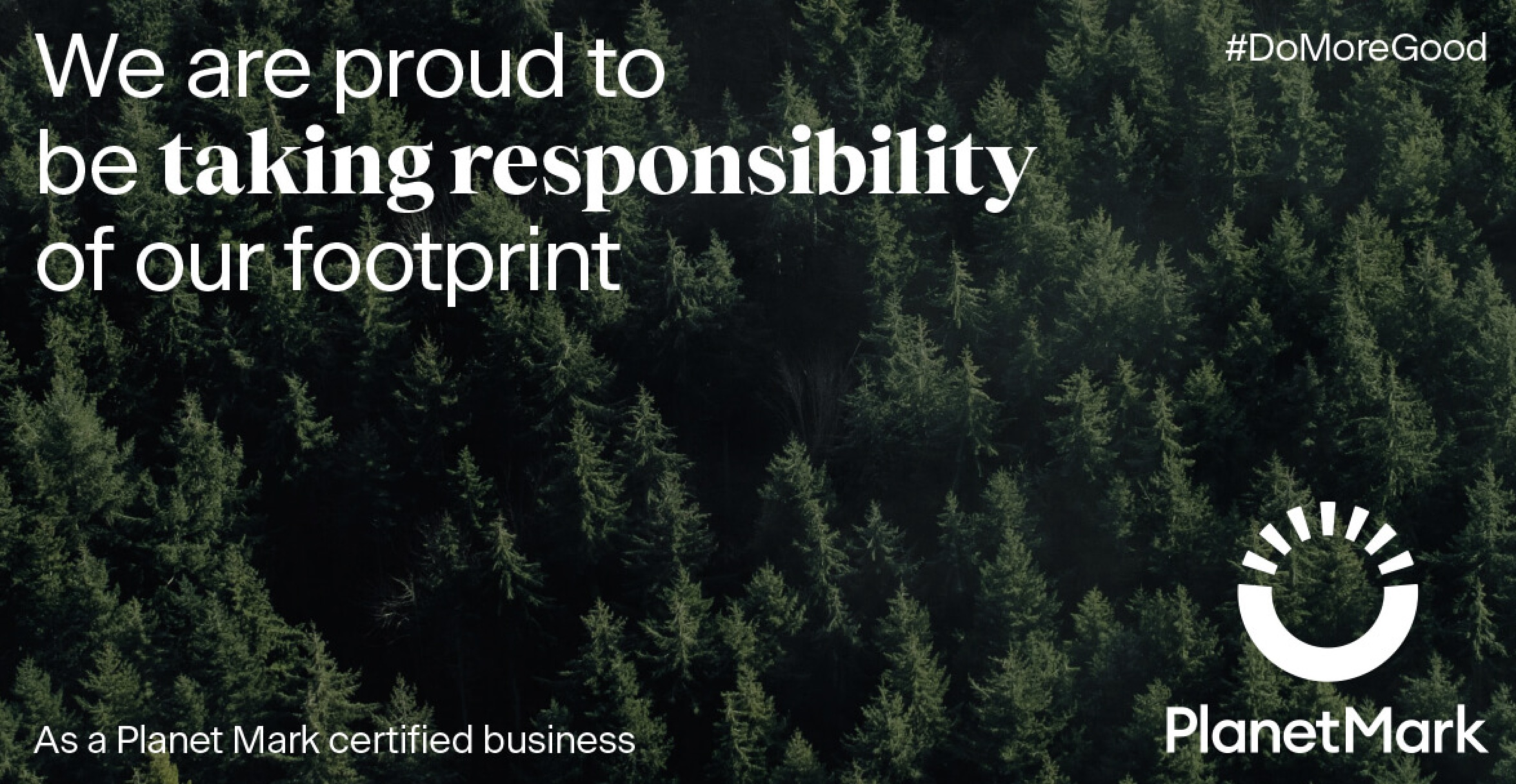Making your event more strategic involves a thoughtful approach at every stage. Here are 7 ways to do that:
Clear objectives
Start by marking specific goals for your event. Whether it’s brand exposure, lead generation, or new partnerships.
Audience segmentation
Adapt your event to different audience segments. Understand their needs and preferences to provide targeted content and experiences, maximising the impact of your event.
Strategic partnerships
Collaborate with key partners to expand your event’s reach and influence. Strategic partnerships can bring in additional resources.
Data-driven decision making
Use data analytics to gather insights before, during, and after the event. Analysing attendee behaviour, engagement metrics, and feedback enables continuous improvement and informed decision-making.
Timing and scheduling
Carefully consider the timing and scheduling of your event. Align it with industry trends, avoid major events dates, and ensure that key sessions are scheduled at optimal times to maximise attendance and engagement.
Interactive content and sessions
Engage the attendees through interactive content and sessions. Be creative with panel discussions, workshops, or live Q&A sessions. Encouraging participation leads to a dynamic and strategic exchange of ideas and a lasting impression on your audience.
Post-event strategy
The event isn’t over when it ends. Develop a post-event strategy: nurture relationships, repurpose content, and gather feedback to inform future strategic decisions.
By applying these strategy recommendations, your event can become a powerful tool in achieving significant business goals.


